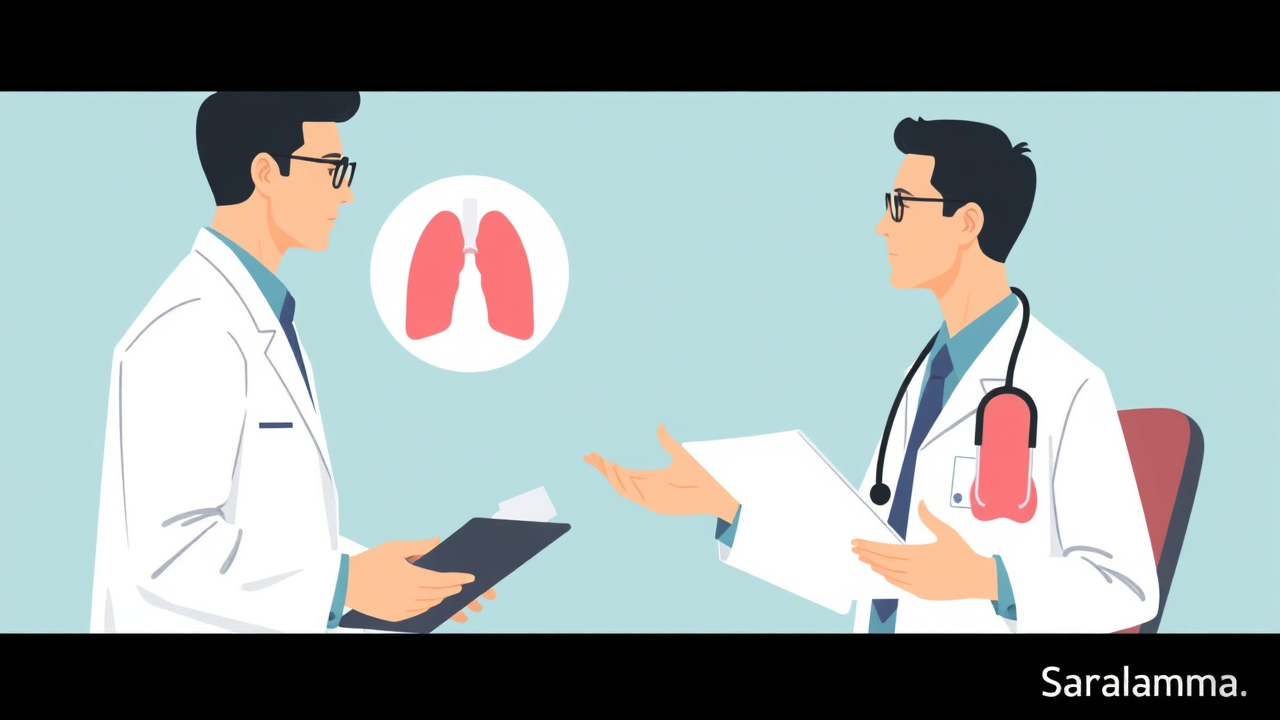Many people turn to cigarettes after staying awake all night, hoping to shake off the exhaustion and regain focus. The temporary relief comes from nicotine releasing dopamine, which reduces stress and creates a brief sense of alertness. However, this effect is short-lived. As dopamine levels fall, fatigue and stress return, leading to repeated smoking. The alertness is actually caused by adrenaline, which raises the pulse and worsens inflammation in the lungs and body. Combining smoking with sleep deprivation is particularly harmful because both cause inflammation. A tired body cannot fight infections effectively, making immunity weaker. While one cigarette after a sleepless night may not cause permanent harm, turning this into a regular pattern can lead to serious long-term consequences. Experts warn that the combination significantly increases health risks, especially for the lungs and overall immune function.

Why Smoking After Sleep Loss Is Particularly Dangerous
Both smoking and sleep deprivation cause inflammation in the body, and combining them creates a more dangerous situation. A well-rested body can manage inflammation better, but a tired one struggles. Sleep-deprived smokers experience much lower immunity, making them more vulnerable to colds and flu. Although structural lung damage may not appear immediately, the lungs become flooded with inflammatory markers. The exhaustion also intensifies nicotine cravings because the tired mind seeks stimulation to stay alert. While one sleepless night and one cigarette may not cause permanent damage, making it a regular habit poses serious health risks. Experts emphasize avoiding this combination to protect long-term health.
Source: Link
